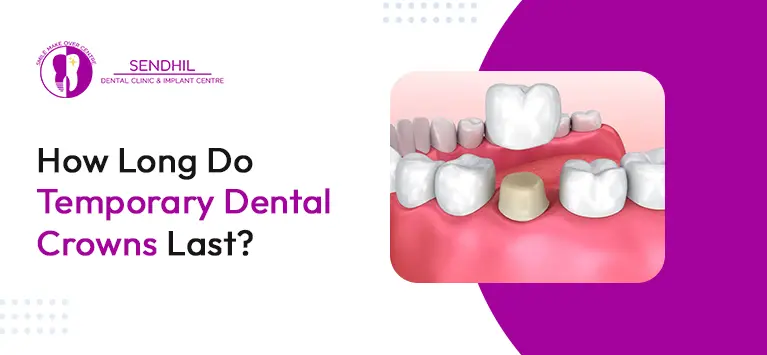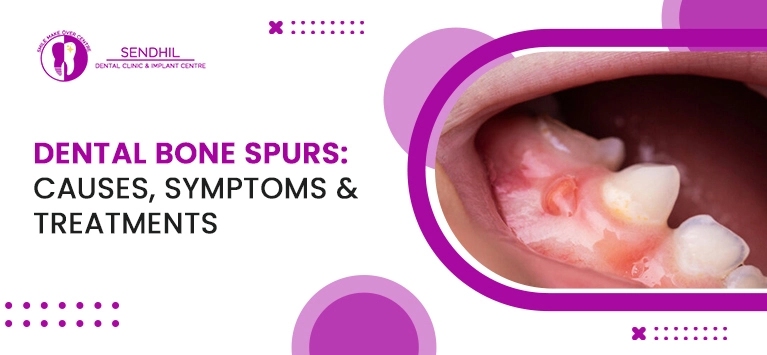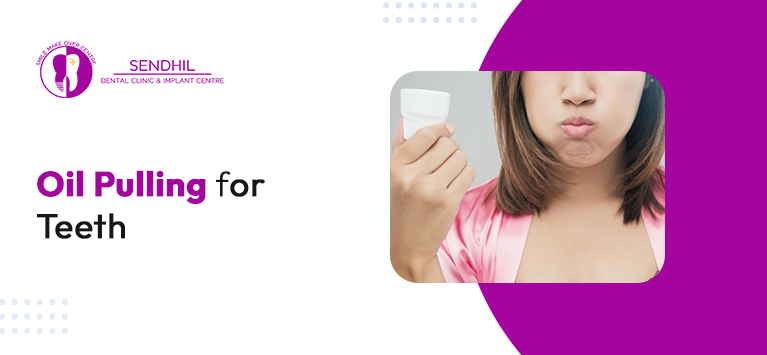
How Long Do Temporary Dental Crowns Last?
Temporary dental crowns are a necessary aspect of many dental treatments. A temporary crown is a placeholder while waiting for the permanent crown to be made. The life of a dental crown is essential to ensure that teeth are well maintained during this transitional time.
Table of Contents
What Are Temporary Dental Crowns?
Temporary dental crowns are used as a cover over the teeth in order to protect them after having a restoration done on them until the final crown is complete. These crowns are used to protect the structure of the teeth, maintain proper spacing in the mouth, allow eating, and allow the ability to talk while the final crown is being made, which sometimes can take one to three weeks.
How long does a temporary crown last
Usually, a temporary dental crown lasts between two and three weeks; this is the time usually needed for a dental lab to make a custom permanent crown that will be permanently bonded to your teeth. However, the actual length of time your crown stays in place can vary depending on a number of factors.
- Material: Temporary crowns are often made from softer materials, like acrylic or composite resin, which are not meant to last.
- Placement: The skill of the dentist in placing the crown correctly can affect how long it will last.
- Patient Habits: If a patient eats hard or sticky candy, grinds their teeth, or does not practice good oral hygiene, the life of a crown tooth will become shorter.
Factors Influencing the Longevity of Temporary Crowns
Material Quality
Usually, temporary crowns are made of acrylic or composite resin. While these materials are reliable for the short term, they are less sturdy than the porcelain or metal used in permanent crowns. Acrylic is lightweight and easily manipulated, so it is a good material for temporary crowns. However, it is not as durable as porcelain or metal, so the crown is more likely to chip or wear out over time.
Adhesive Strength
Temporary crowns use a weaker adhesive compared to permanent crowns. This makes it easier to remove them when the permanent crown is ready. However, it also means that temporary crowns are more prone to falling off with less force. While stronger adhesives offer better retention, they can make removal more difficult.
Oral Hygiene
Proper dental care is vital for a temporary crown to last. Plaque and bacteria can damage the crown and the glue, causing it to come loose or decay beneath it. To keep the temporary crown strong, it should be brushed, flossed, and rinsed with an antibacterial mouthwash regularly.
Eating Habits
The longevity of a temporary dental crown is greatly affected by what you eat. Avoid hard, sticky, or chewy foods like nuts, candies, and gum, as they can cause the crown to come loose or break. To minimize stress on the crown, chew on the side of your mouth opposite to the temporary restoration.
Bruxism (Teeth Grinding)
Teeth grinding, or bruxism, can seriously shorten the life of a dental crown. The repeated pressure and friction can damage the crown, causing it to wear down or possibly even break. If you grind your teeth, it’s essential to let your dentist know. They may suggest wearing a protective night guard to shield the crown from the effects of bruxism.
Signs of a Failing Temporary Crown
Knowing the warning signs of a failing temporary crown is crucial for prompt dental attention:
- Temperature sensitivity: Unusual sensitivity to hot or cold suggests an inadequate seal around the crown.
- Discomfort: Ongoing pain or discomfort indicates a poorly fitting crown.
- Looseness: A loose or wobbly crown may require re-cementing.
- Visible Damage: Cracks, chips, or any other visible damage necessitate crown replacement.
Tips for Maintaining Temporary Dental Crown Lifespan
Practice Good Oral Hygiene:
Maintain good oral hygiene by brushing your teeth twice daily and flossing regularly. Focus on cleaning around the temporary crown to prevent plaque accumulation. Use an antibacterial mouthwash to minimize the possibility of infection. Following this procedure will improve the lifespan of dental crowns.
Avoid Problematic Foods:
Stay away from hard, sticky, or chewy foods such as nuts, popcorn, caramel, and gum. These can damage or detach the temporary crown.
Choose Soft Foods:
Soft foods like yogurt, mashed potatoes, and pasta are an option. They are gentler on the temporary crown and will extend the life of a crown tooth.
Be Gentle:
Avoid chewing on the side of your mouth with the temporary crown to prevent it. If you grind your teeth at night, wear a mouth guard to protect the crown.
Handle with Care
If you’re Temporary Crown Loosens, Handle the loose crown with care. Avoid trying to fix it yourself, as you could damage it or your tooth.
Steps to Follow:
- Gently remove the crown to prevent swallowing it.
- Clean the crown and the exposed tooth area using a toothbrush.
- Protect the tooth with dental wax or temporary dental cement to keep it covered until you can get professional help.
- Contact your dentist promptly to have the crown re-cemented.
Conclusion
Temporary dental crowns are essential for safeguarding prepared teeth until the permanent crown is made. They usually last for a few weeks, but their duration depends on factors like material quality, bond strength, dental hygiene, eating habits, and teeth grinding.
By maintaining good oral hygiene, steering clear of certain foods, and being cautious with the crown, you can extend the dental crown’s lifespan. If the crown comes loose, seek immediate dental attention for re-cementing. Proper care of your temporary crown is essential for preserving oral health and facilitating a seamless transition to the permanent crown.








